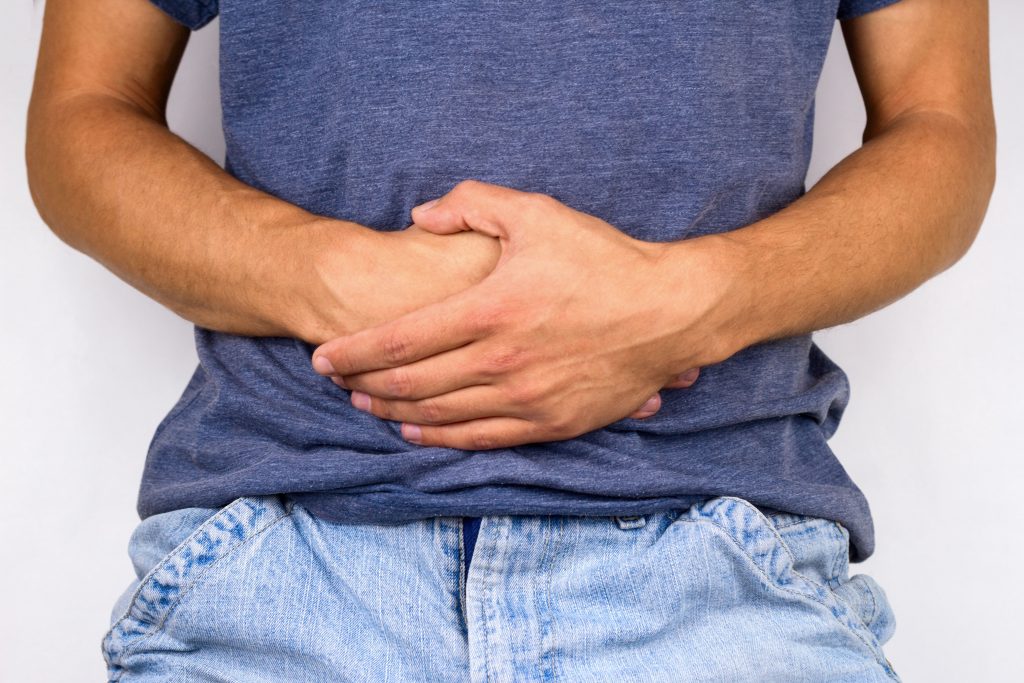
Bloating is a common problem that makes daily life uncomfortable and can also be bad for your health. It could make clothes look too tight and make things harder to do. It could be caused by a lot of things, like what you eat, how you live, or stomach problems. This could happen if you eat foods that give you gas, if you eat too quickly, or if your hormones change. Not only is bloating bad for your health, but it can also make you feel tired and sluggish, which can change your mood and energy levels. Stopping bloating helps one remain calm and healthy. Reaching your target will depend on little lifestyle adjustments include drinking water, eating meals high in fiber and properly chewed, and consistent exercise. Your stomach will feel better and seem smaller if you undertake these daily activities.
Understanding the Causes of Bloating
Many individuals struggle with bloating, which may be uncomfortable and cause their stomach to seem quite large. Among the many factors that could lead to bloating are body type, diet, and lifestyle decisions. For example, the things people eat can cause their bodies to make too much gas. This is especially true when gut bacteria don’t fully absorb carbs before they reach the body, which leads to fermentation and gas buildup. Some things, like eating too quickly, drinking fizzy drinks, or using straws, can add extra air to the digestive system, making you feel even more uncomfortable and full. Too much salt or fake sugars can also make you retain water or have stomach problems, which can cause bloating.
In addition to what you eat, constipation or food intolerances are other things that can make your stomach feel too full and tight. Constipation makes it take longer for food and waste to move through the bowels, which can cause bloating. Food intolerances, on the other hand, can cause stomach problems when the body has trouble breaking down certain foods, which can cause gas and pain. It’s important to know these root reasons because dealing with them can help stop or lessen bloating. By figuring out what causes bloating, people can make changes to their food and way of life that will improve their general gut health and comfort. Figuring out these underlying reasons lets you use more focused methods, like eating more fiber or staying away from certain foods that make your symptoms worse, to improve your health and well-being.
Simple Dietary Adjustments to Reduce Bloating
Few small changes to your food can help a lot with bloating. To make a simple change, just eat more slowly. When someone eats quickly, they often swallow more air, which can make them feel bloated again. It can make a big difference to chew your food well and put down your fork or spoon between bites. Also, staying away from fizzy drinks is a good idea because the bubbles in them can make gas and bloating worse. Instead, it might be better to drink water or plant teas at room temperature. Fiber-rich foods, such as fruits, veggies, nuts, seeds, and whole grains, can also help your stomach and lessen bloating over time.
There are some things that are known to help with bloating. As an example, ginger and peppermint are natural ingredients that can help your stomach feel better. It can help settle your stomach to add a slice of ginger to hot water or drink peppermint tea. On the other hand, prepared foods and meals high in salt can make bloating worse because they make you hold on to water. Also, when you first start eating more fiber, it’s best to avoid high-glycemic foods like beans and green veggies because your body may need some time to get used to them. Adding these things slowly can help the digestive system get used to them more easily.
Lifestyle Tips to Prevent Bloating
Being physically active on a regular basis and drinking plenty of water are important for keeping the digestive system healthy and reducing bloating. Moving around, even if it’s just quick walking, riding, or a short yoga class, helps strengthen the muscles in the digestive system, which makes digestion work better. Exercise also assists in moving along any trapped gas, which can be a major relief for those who often feel bloated. Plus, being active most days of the week can work wonders for overall gut health.
Staying hydrated is just as important in this digestive dance. Drinking plenty of water helps flush out excess sodium, which can cause bloating, and keeps everything in the digestive system moving along nicely. It’s like giving the body a gentle nudge to keep things on track. However, it’s wise to avoid overdoing it during meals, as too much water can sometimes have the opposite effect and lead to bloating.
On the flip side, stress can be a real troublemaker for digestion. When someone is stressed, their digestive system can take a hit, leading to discomfort and bloating. This is where mindful practices like yoga or deep breathing come into play. These practices can activate the parasympathetic nervous system, which is responsible for the “rest and digest” response. Just a few minutes of deep breathing or a calming yoga pose can make a significant difference, helping to ease digestion and keep bloating at bay. It’s all about finding balance and creating a soothing environment for the body to do its thing.
Conclusion
Bloating is a common digestive issue that can cause discomfort and make the abdomen feel larger than normal. However, preventing a bloated stomach is achievable with some simple adjustments to diet and lifestyle. Key strategies include eating slowly to reduce the amount of air swallowed with food, maintaining good posture while eating, and taking a walk after meals to aid digestion. It’s also beneficial to keep meals smaller and more frequent, and to chew food thoroughly. Drinking beverages at room temperature and engaging in regular physical activity can further help in managing bloating.
In addition to these lifestyle changes, keeping a food diary may help identify specific foods or behaviors that trigger bloating. It’s also important to gradually incorporate high-fiber foods into the diet, as they are essential for bowel regularity and colon health. Natural remedies like peppermint oil and ginger can also provide relief from bloating and improve overall digestive comfort. With these adjustments, anyone can take proactive steps toward feeling lighter and more comfortable in their everyday life, embracing a healthier and happier self.














